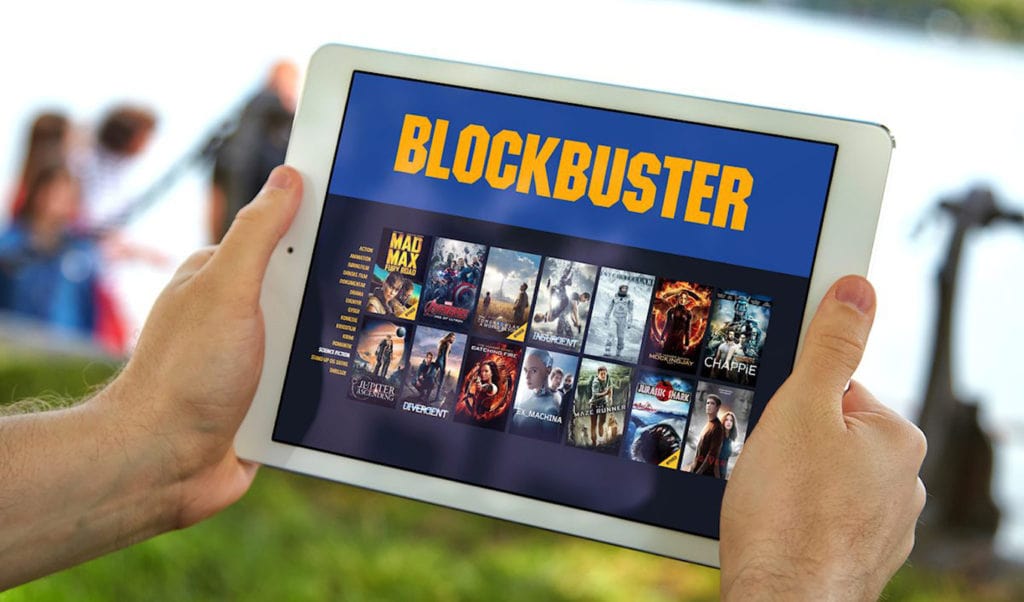
The rumour mill is churning about Blockbuster, the American video rental giant that rented out movies and video games from physical locations. After the official website (blockbuster.com) was re-launched over the weekend, many social media users speculated on sites like Twitter and Facebook about whether the celebrated entertainment rental service, which went out of business following the advent and rise of streaming services, was planning a comeback. One user posted screenshots of how the site appears now and in 2019. It now shows the Blockbuster logo and the phrase “We are working on rewinding your movie.”
If Blockbuster does return, it is unlikely that it will use the same old business model of renting physical media. Although many people are finding the dangers of online material — where you don’t really own anything and it may be withdrawn at any time if the streaming company’s relationship with the studio ends – physical media, where you own the movie or TV show forever, or at least for as long as the medium works.
The development of internet streaming services rendered Blockbuster’s economic model obsolete overnight
Blockbuster’s fundamental business strategy now appears archaic in the age of streaming and online rentals, yet it served them well for decades. Customers could rent movies and video games from the company’s physical locations. Consumers could explore the store’s inventory of titles, select their chosen item, and pay a rental charge to take it home for a set amount of time, generally a week or so. Clients who return rental products after the due date will be charged a late fee. At one point, the corporation operated thousands of stores not only in the United States, but also in the United Kingdom, Canada, and Australia.
One of the reasons the stores were so popular with customers was their vast collection of movies and video games. The company had licensing agreements with the majority of major film studios and game publishers, allowing it to provide a diverse choice of titles. The development of internet streaming services such as Netflix, Prime Video, and Hulu, however, rendered Blockbuster’s economic model obsolete overnight. Consumers preferred the convenience of streaming entertainment online to renting or purchasing movies and video games in-store. As a result, Blockbuster’s revenue and profitability plummeted, and the firm declared bankruptcy in 2010.
